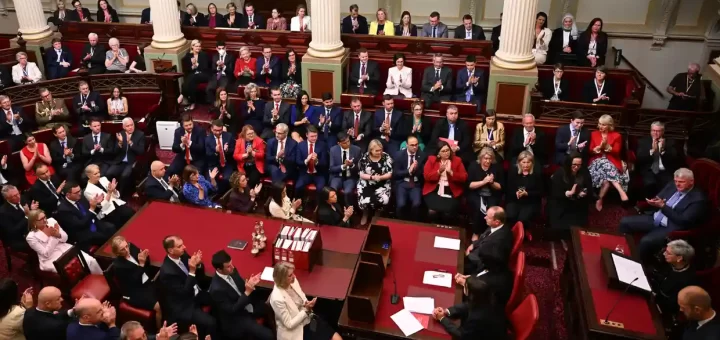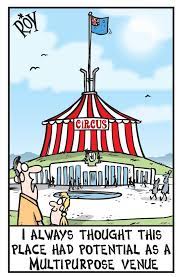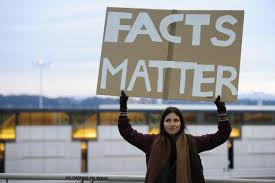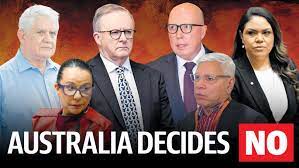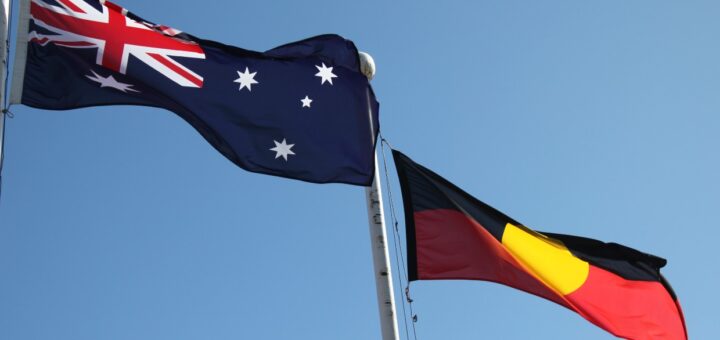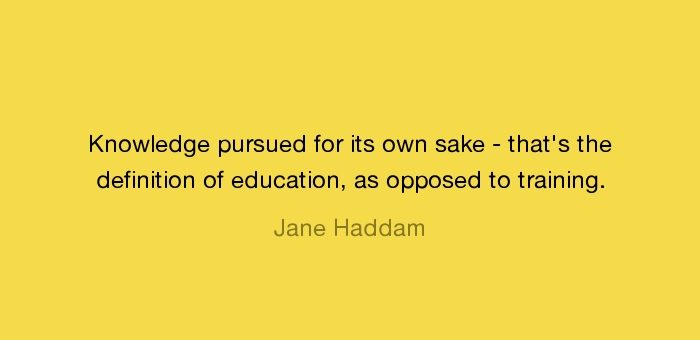Category: AUSTRALIAN POLITICS
Reading Time: 11 minutesParliamentary sittings begin with Anglican/Christian prayer in Australia, a racially and ethnically diverse nation with associated diversity of religion. In this context it would be inappropriate to continue this tradition.
Reading Time: 2 minutesWhen in Question Time the government decides not to answer questions asked by the opposition, and instead uses each question asked as an opportunity to attack the opposition, the Government ceases to be accountable to Parliament.
Reading Time: 6 minutesMisinformation can determine the outcome of political polls, but do we blame such for our losses because we find the votes of our opponents incomprehensible.
Reading Time: 5 minutesIn Saturday’s referendum, support for the recognition of Indigenous peoples as Australia’s first people was tied to support for the establishment of a Voice. The benefits of establishing a Voice and why it needed to be entrenched in the constitution were not presented and consequently, were predictably and understandably not supported. The reasons for proposing the Voice were not explained, and not considered in a constitutional convention by a cross section of Australian people. Consequently, attributing blame to the No camp is a distraction by those who should have known better, who need to accept responsibility, and most importantly, who owe Indigenous people an apology.
Reading Time: < 1 minuteA No vote victory on the Voice to Parliament proposal would not leave Indigenous affairs ‘nowhere’. Contrary to what the Yes camp wants us to believe, making the Voice permanent would not necessarily be a step forward. While governments have repeatedly appointed and Indigenous advisory bodies that governments appointed and abolished, the wording of the proposed constitutional amendment would allow Parliament to alter at will literally everything about the Voice apart from its existence.
Reading Time: 7 minutesThe looming 2023 referendum asks us to answer a single question about two distinct issues – the constitutional recognition of Australia’s Indigenous peoples as our nation’s First Peoples, and the constitutionally entrenched setting up of a Voice to Parliament (and Government).
By presenting the Voice as a means of recognising Indigenous people as our First Peoples, the referendum risks creating the impression that the majority of Australians reject the constitutional recognition of the status of our Indigenous peoples. At best, a narrowly victorious Yes vote would create the impression that we are divided on the issue of recognition. Such an outcome would also constitutionally entrench the perception that Indigenous people are disadvantaged and unlike other Australians experiencing similar disadvantage, will require specific and ongoing governmental assistance as recommended by a body called, the Voice to Parliament.
Reading Time: 3 minutesChanges to university fees, announced by the Federal Education Minister Job ready graduates, reveal a distorted view of higher education and a failure to take into account the changing nature of work. The recently...
Reading Time: 2 minutesThe Australian constitution should be amended to recognise the historical and current place of our Indigenous people.
Flowing from this recognition of cultures predating European arrival, I propose that Indigenous people should be guaranteed 12 seats in the Senate and every other protection guaranteed to inhabitants of an original Australian State.
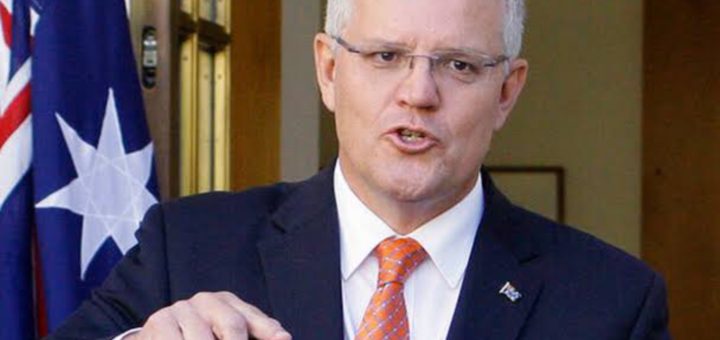
Reading Time: 6 minutesThe Australian government‘s claim that it has a mandate to implement specific promises it made during the election campaign leading to its election simply does not add up. No one knows why an elector casts a vote for a candidate, unless the candidate is running on one issue only. At most a successful candidate has a general mandate to represent the electorate and pursue their or their parties’ policies. Successful candidates aligned with the party or parties that make up a majority in the House of Representatives may also be said to have the electors’ mandate to form a government. It is simply not possible to determine whether electors’ votes for a candidate or party were an endorsement or authorisation of government action.A clear mandate for government action on a particular issue can only be clearly secured through a plebiscite and less clearly from a survey. An election win can never produce a mandate of anything other than who should be elected and who forms government.
Reading Time: 7 minutesThe outcome and events leading up to the federal election, when considered alongside the escalating conflict between the US President and Congress, suggest that it’s time to evaluate the nature of our representative democracy. An infusion of direct democracy would provide the means for great involvement by the people, many of whom feel alienated from politics. Direct involvement by the people in place of reliance on disappointing parliamentary representatives has the potential to reinvigorate Australian democracy. Such direct democracy would in particular benefit the initiation of constitutional amendments and enactment of legislation. It also has great potential in resolving deadlocks between the Houses of Parliament and reforming the behaviour of politicians as well as the nature of increasingly undignified and unruly parliamentary procedure.
